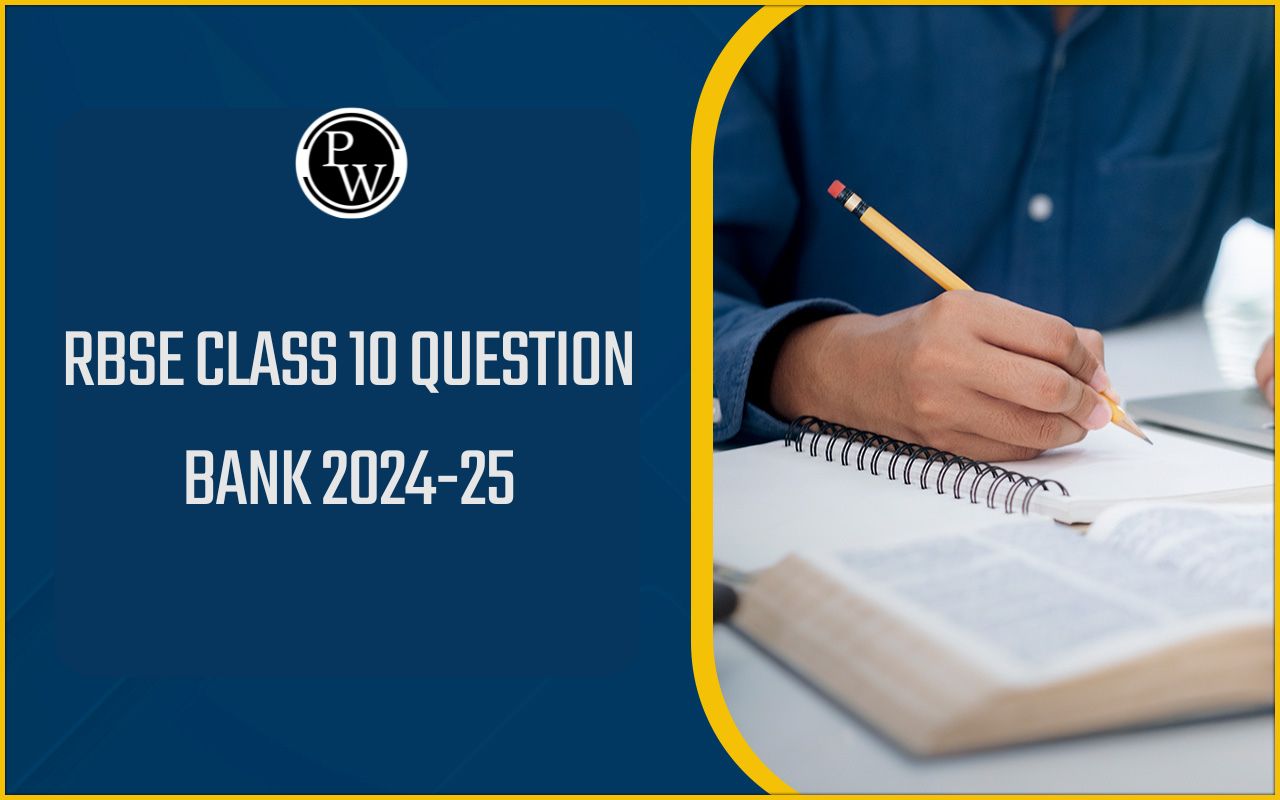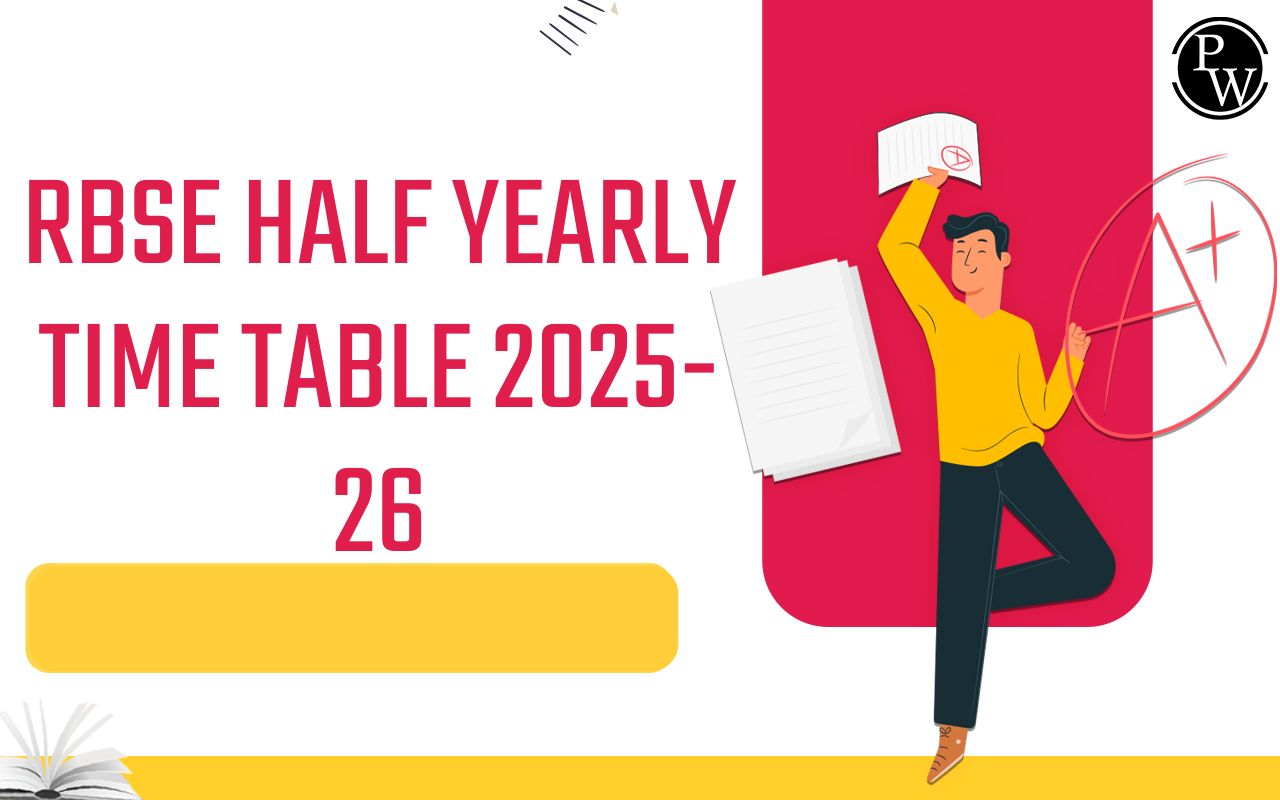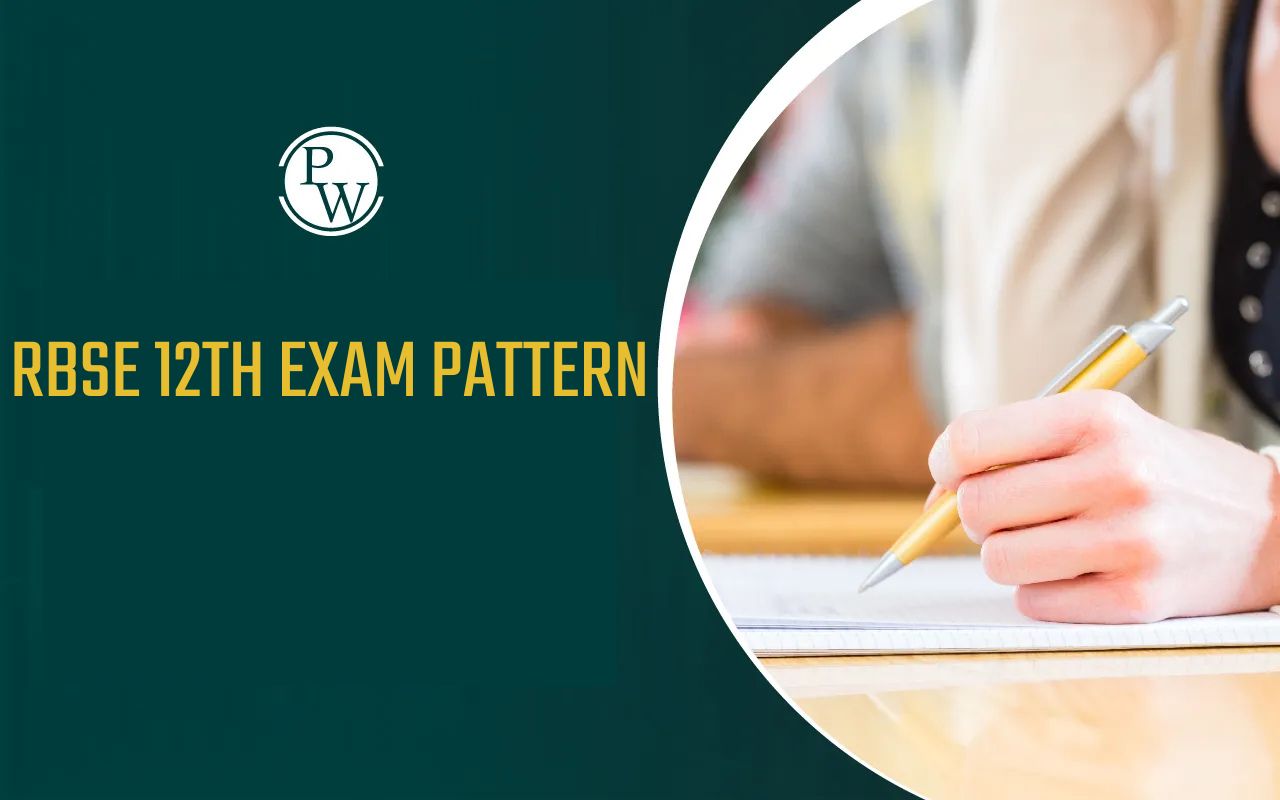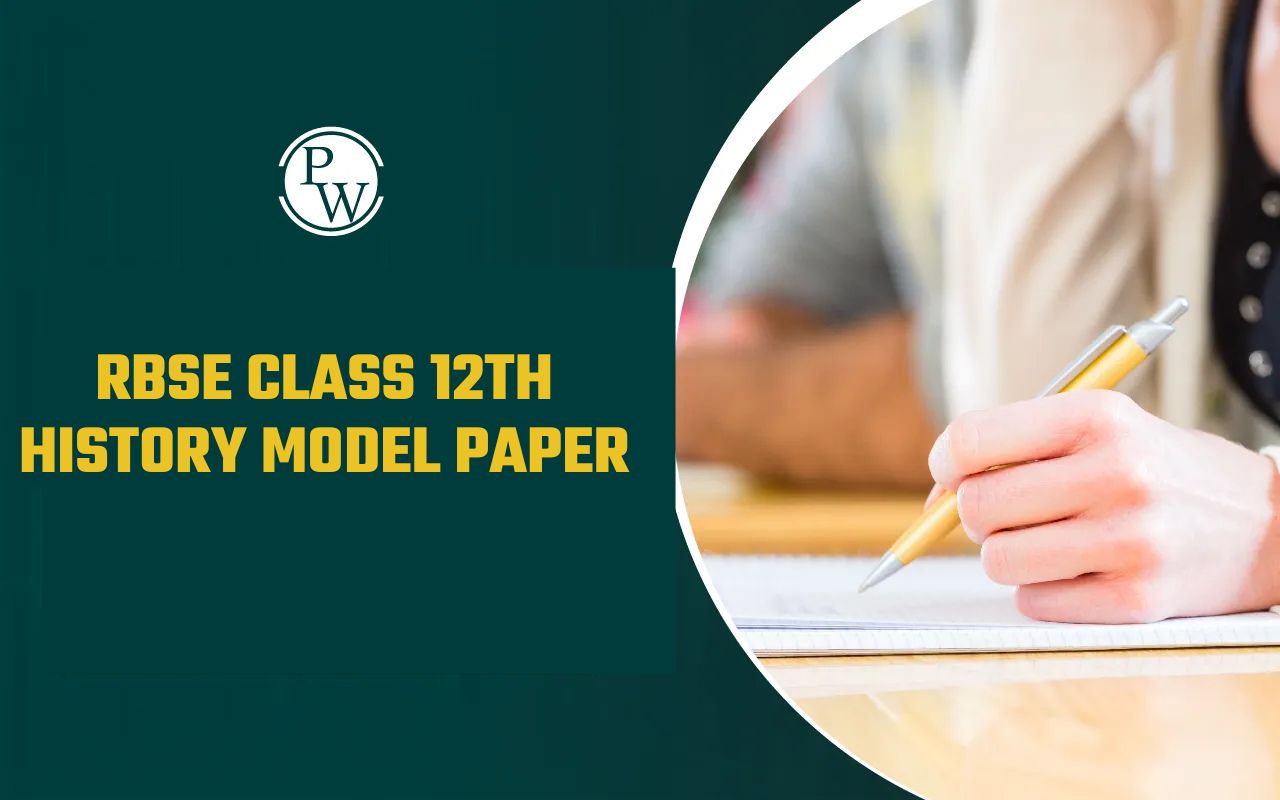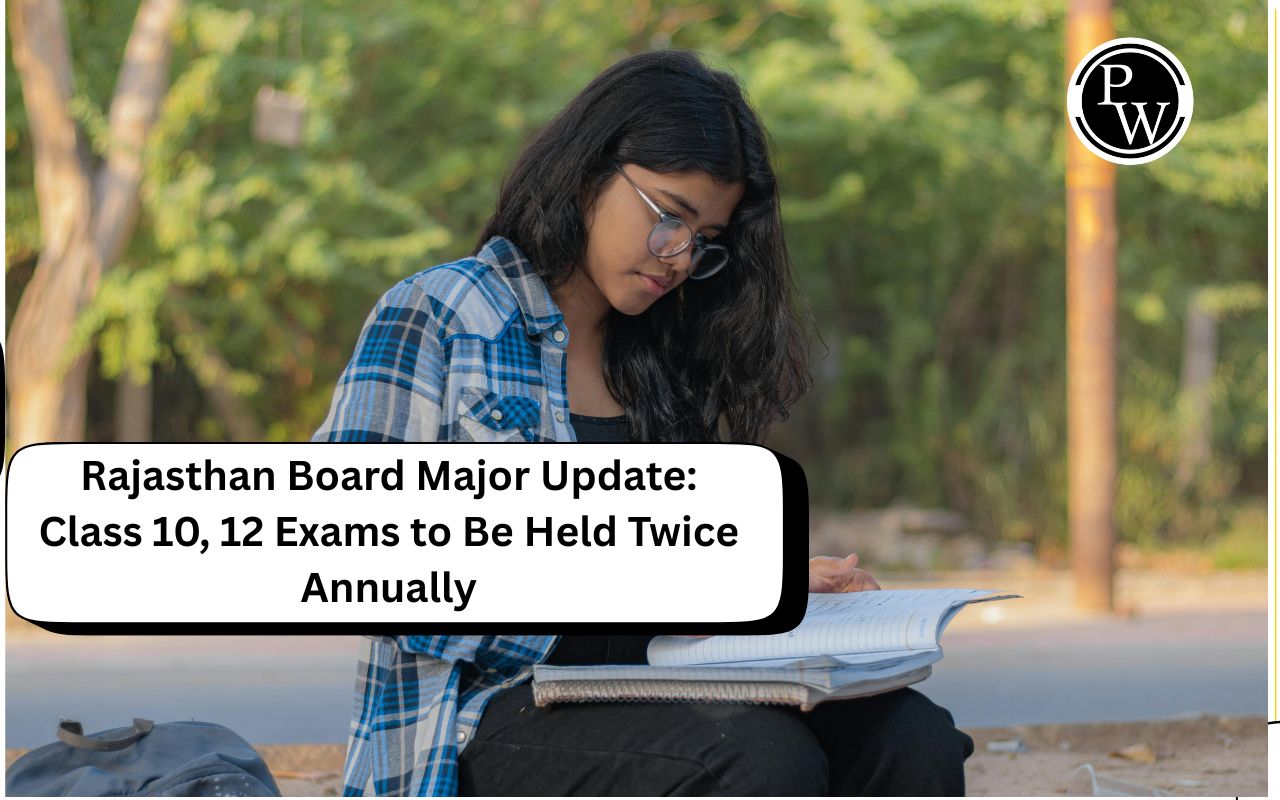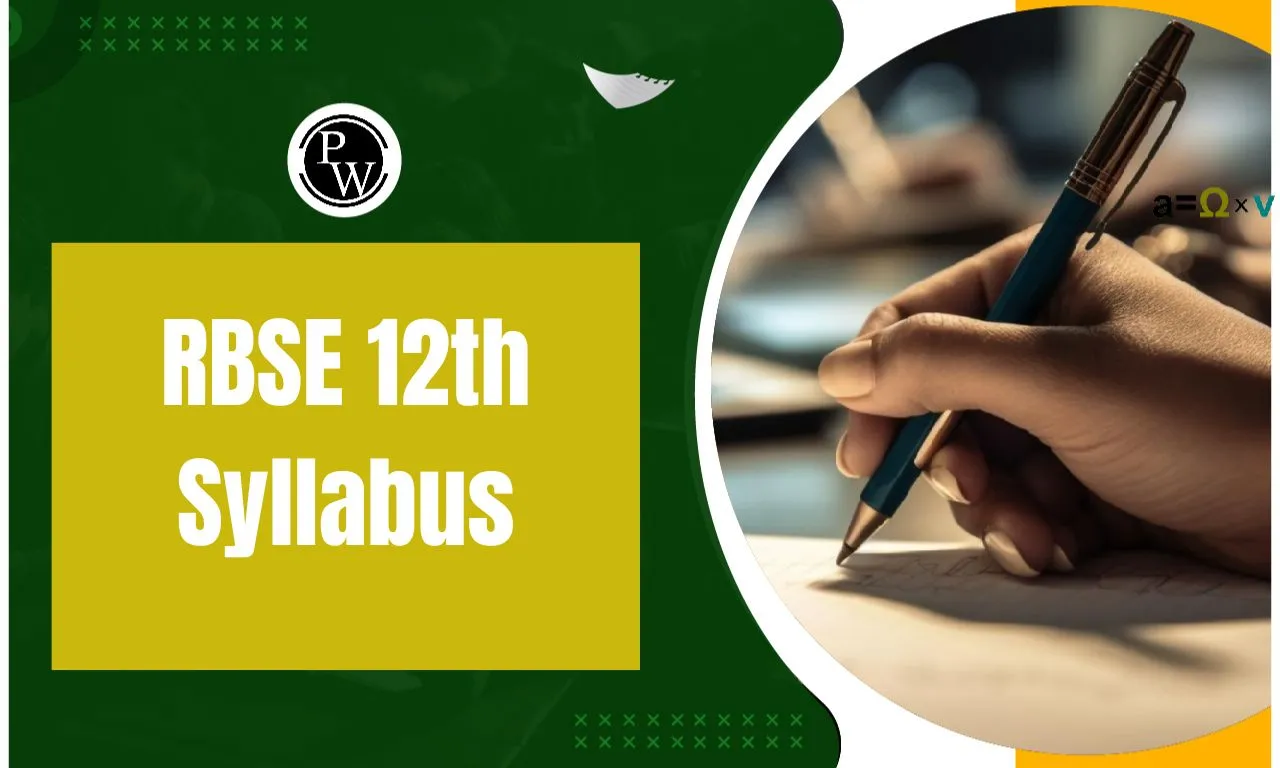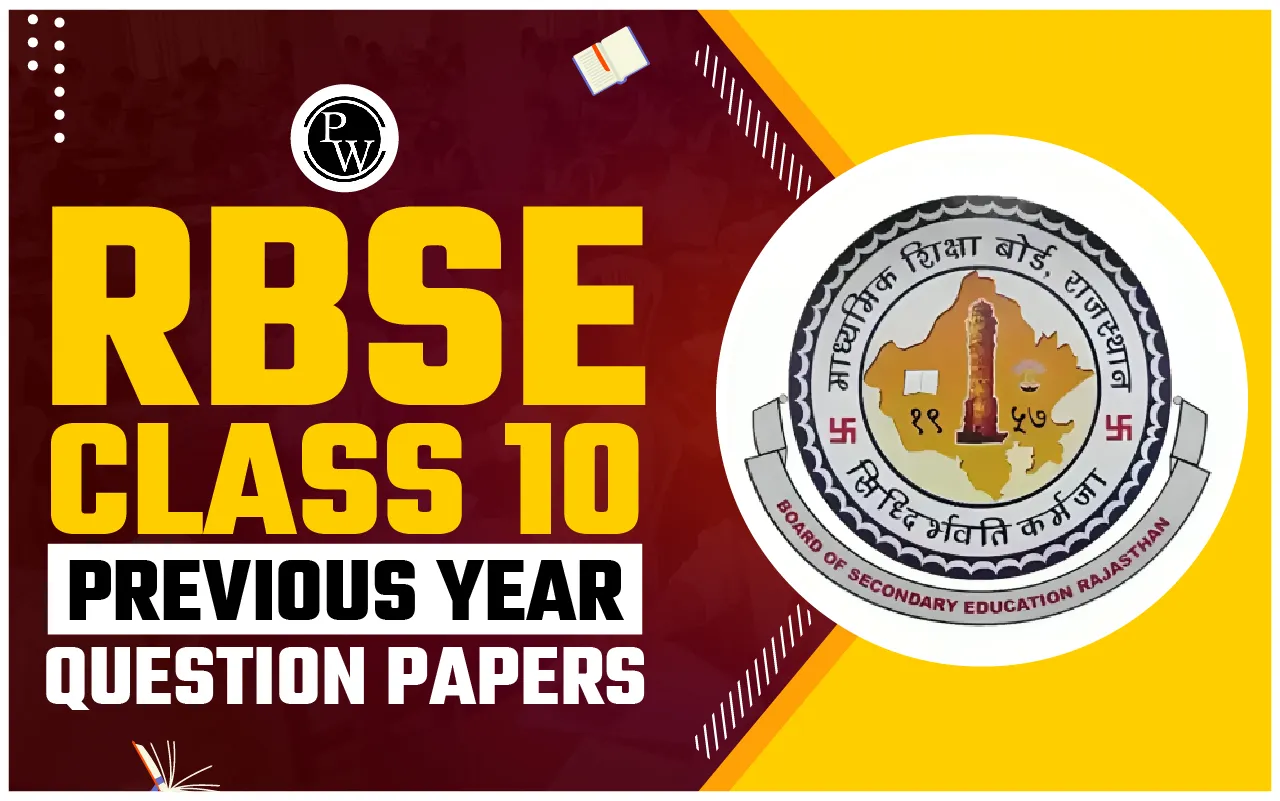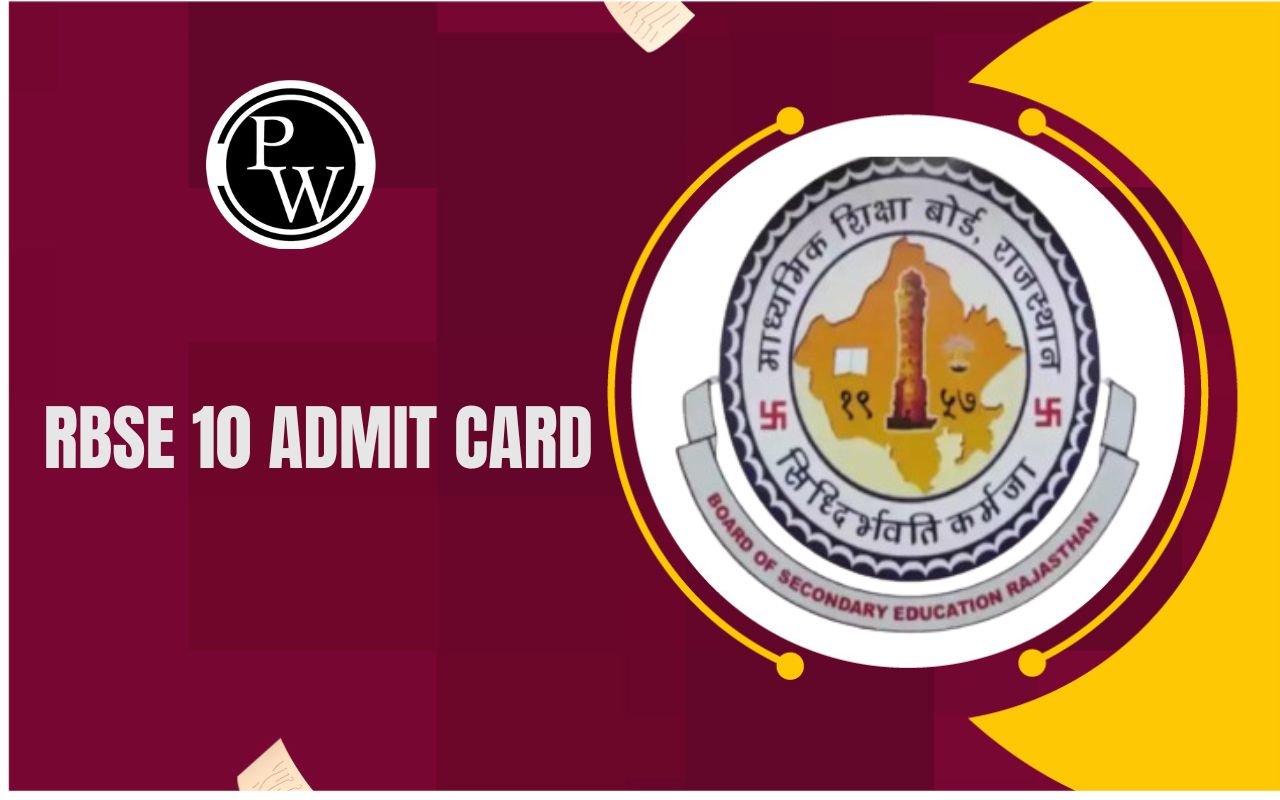
RBSE vs CBSE: It is important for parents and students to decide the right school education board, particularly in Rajasthan, where both RBSE (Rajasthan Board of Secondary Education) and CBSE (Central Board of Secondary Education) are followed.
Each board follows a different curriculum structure and teaching approach. Students must think carefully before choosing a board to follow. The RBSE board is followed at the state level with a regional focus, and the CBSE board is followed worldwide. It is a national academic standard aligned with competitive exams like JEE, NEET, and CUET.
RBSE Full Form and Overview
Before deciding which board to choose, it’s essential to understand the basics of both RBSE and CBSE.
RBSE Full Form is Rajasthan Board of Secondary Education. Established in 1957, it handles school education in Rajasthan. RBSE conducts board examinations for both Class 10 and Class 12. The board mainly operates in Hindi medium, but English-medium schools are also affiliated.
CBSE is a national-level education board and is managed by the Union Government of India. It conducts AISSE – Class 10 and AISSCE – Class 12 exams. In CBSE, NCERT textbooks are used, which are also used in major national-level entrance exams.
RBSE vs CBSE - Key Differences
Here are some key differences between CBSE and RBSE boards you should know before choosing which board better suits your learning style:
|
Key Differences Between CBSE and RBSE |
||
|
Feature |
CBSE |
RBSE |
|
Curriculum Focus |
It is concept-based and aligned with national standards |
It is theory-based and aligned at state level |
|
Prescribed Textbooks |
NCERT books |
NCERT books |
|
Medium of Instruction |
English and Hindi |
Mainly Hindi but English also |
|
Competitive Exam Preparation |
Aligns with preparation for competitive exams (JEE, NEET, CUET) |
It requires additional preparation |
|
Recognition |
National and international |
Mainly state-level |
|
Evaluation Style |
Analytical and application-based |
Theoretical and direct-answer based |
The selection between CBSE vs RBSE depends on a student’s career goals, preferred language of instruction, and academic aspirations.
Is Rajasthan Board Tougher Than CBSE?
This question comes to every student’s mind. To clarify this, here is a comparison of both the boards– RBSE and CBSE concerning to the syllabus, examination pattern, marking criteria, or alignment with higher education standards.
-
Creation of Syllabus and Depth
-
CBSE: The CBSE syllabus is well-structured and focuses on the clarity of concepts. Subjects like Science and Mathematics include application-based questions, allowing students to think critically.
-
RBSE: The RBSE syllabus is more straightforward and theoretical. It includes a regionally relevant syllabus, but it doesn’t focus much on problem-solving skills.
-
Question Paper Structure
-
CBSE: It includes a variety of questions like objective, short-answer, long-answer, and HOTS (Higher Order Thinking Skills). It requires students to focus on analysis and understanding.
-
RBSE: It primarily focuses on theoretical concepts with direct questions. The paper structure is predictable, which can make exam preparation easier but less comprehensive.
-
Language and Comprehension
-
CBSE: English is the dominant medium, and many students face challenges with subject-specific vocabulary.
-
RBSE: Being predominantly in Hindi, students from rural or regional backgrounds find it easy. English is also used in RBSE, but mainly Hindi is used.
-
Evaluation System
-
CBSE: It follows a uniform and centralized evaluation method with an emphasis on step-wise marking.
-
RBSE: Evaluations can be lenient, especially at the Class 10 level, which may reflect comparatively higher scores.
-
Academic Pressure and Competitiveness
-
CBSE: Students face more academic competition, especially because of its national presence and connection with competitive exams.
-
RBSE: Students usually experience less pressure but may require extra effort if transitioning to all-India level assessments.
CBSE is academically more challenging in terms of syllabus and evaluation. However, RBSE is not necessarily easier as it has its academic expectations based on regional needs.
Which is better, CBSE or RBSE?
This question doesn’t have a fixed answer. It depends entirely on the student’s learning preferences and future study plans. Here’s how you can decide:
Choose CBSE if:
-
You are preparing for national-level entrance exams such as JEE, NEET, NDA, or CUET.
-
You are planning to move across states or pursue higher education outside Rajasthan.
-
You prefer English-medium education and a structured learning approach.
Choose RBSE if:
-
You plan to pursue state-level exams like REET, Rajasthan Police, or RPSC.
-
You are more comfortable learning in Hindi.
-
You want to study in state universities or Hindi-medium colleges in Rajasthan.
Academic Outcomes and Future Opportunities
Your board choice may influence certain future outcomes, especially during the transition from school to college or competitive exams. Here are some factors to consider:
|
Academic Outcomes and Future Opportunities |
||
|
Outcome Area |
CBSE |
RBSE |
|
Higher Education Mobility |
High across India and abroad |
Limited to regional institutions |
|
Competitive Exam Readiness |
Strong base due to NCERT |
Requires extra study or coaching. |
|
Scholarship and Olympiad Access |
Widely accepted |
May require additional documentation |
|
Curriculum Updates |
Frequent and research-backed |
Periodic, region-specific revisions |
Students who want to go to institutions like IITs, AIIMS, or central universities will find CBSE better aligned. On the other hand, RBSE is a good choice for students looking for state-level admissions or appearing in local competitive examinations.
RBSE vs CBSE- Syllabus, Difficulty, and Outcomes FAQs
What is the full form of RBSE?
Is the Rajasthan board tougher than CBSE?
Which is better CBSE or RBSE for competitive exams?
Can RBSE students appear for exams like NEET and JEE?
Which board is more recognized across India: CBSE or RBSE?

